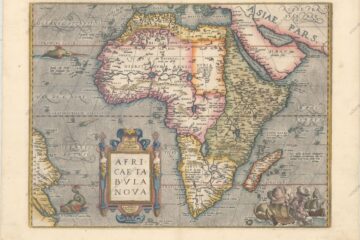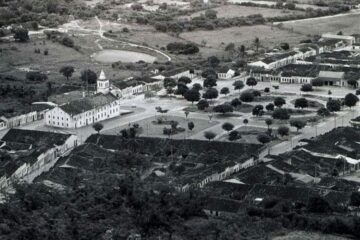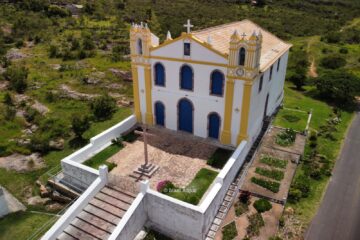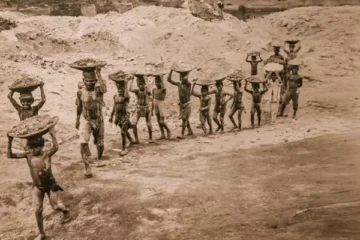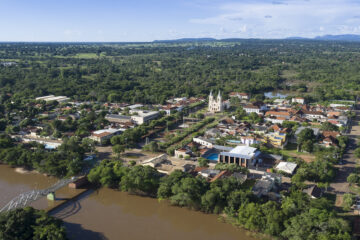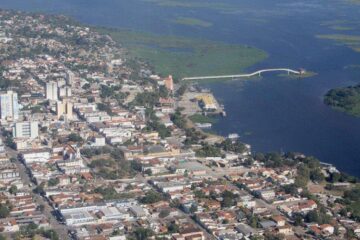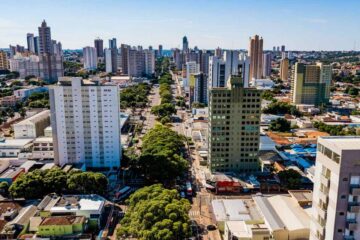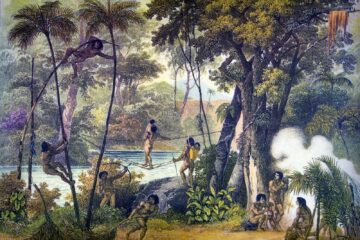Este post também está disponível em:
Português
English
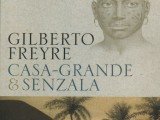
Casa Grande & Senzala was the work that consecrated the Brazilian sociologist and writer Gilberto Freyre.
This essay, released on December 1, 1933, addresses the formation and economic-social development of the Northeast during the colonial era.
The author sees in the cultivation of sugar cane, in the middle of the 16th century, a fundamental element in this mechanism.
The writer Gilberto Freyre was born in Recife, Pernambuco and points out the significant participation of the structure even architectural Casa Grande in the constitution of Brazilian society and its cultural determinations.
And he highlights the importance of the senzala as a complementary pole of this colonial institution. Everything revolves around patriarchalism, a model in which a male authority exercises its power over all who are under its dominion.
The patriarch holds control over slaves, family members, children and their descendants, his spouse, among other elements that take shelter in his agrarian property.
The casa-grande acts as a symbol that aggregates everyone, as it manifests the potential to welcome the members that make up this community.
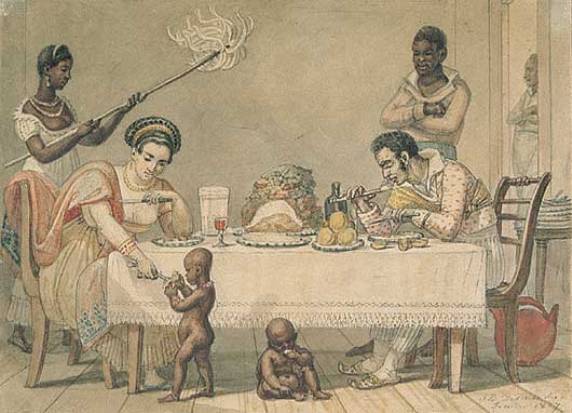
Casa Grande & Senzala - Gilberto Freyre
Gilberto Freyre rejects the conception that the Brazilian, by his constant practice of mestizaje, is inferior to other peoples. He reinforces the idea that the miscegenation realized between Iberians, Indians and Africans, contributed to the positive cultural constitution of the people who developed in Brazilian lands.
The sociologist Gilberto Freyre develops his thesis in this book, exposing the birth of Brazilian society from the point of view of the routine in the house of the great lord.
This building is the author’s instrument for representing the country itself in the colonial period, founded on sugar monoculture.
In this newly discovered land, inclement nature is seen as a barrier to be overcome before the development of civilization can be achieved.
Trying to conquer wealth and fame, the European colonizer faces barbarism and gradually builds a supposedly civilized universe. The families that stand out in this emerging country, due to their power and influence, establish pioneering spaces in the public sphere and thus strengthen ties of sovereignty and authority, generating interactive webs that extend everywhere.
From this union of interests between powerful family nuclei, the state was born, almost as a secondary factor.
From 1532 onwards, a social structure emerged based on the economic model of export, stimulated by members of the Brazilian monarchy, fixed in a production center, the Casa-Grande, which was also established as a socio-political nucleus.
Gilberto Freyre also demonstrates the preponderance of the Portuguese over the indigenous through the Jesuits, who acted to dominate these people through moral and spiritual indoctrination. They were left with little choice but to submit to this colonization of the soul, other than hard work in the fields or constant flight through the forests.
As for the slave, he plays a prominent role in the composition of Brazilian society, according to Freyre, acting even in the essence of the Brazilian people. This conception, added to the author’s vision of Brazilian sexuality, which is explicitly addressed, imbues this work with an unparalleled subversive potential, which still requires further investigation today, revealing all its hidden potential.
Tourist and travel guide to the northeast, Bahia and Salvador
